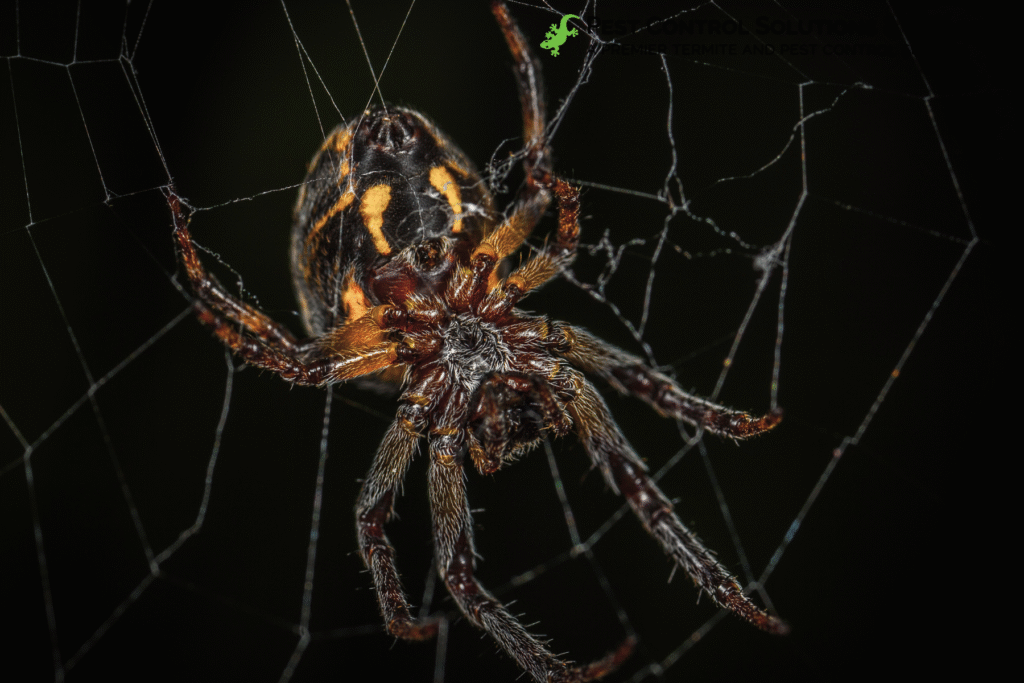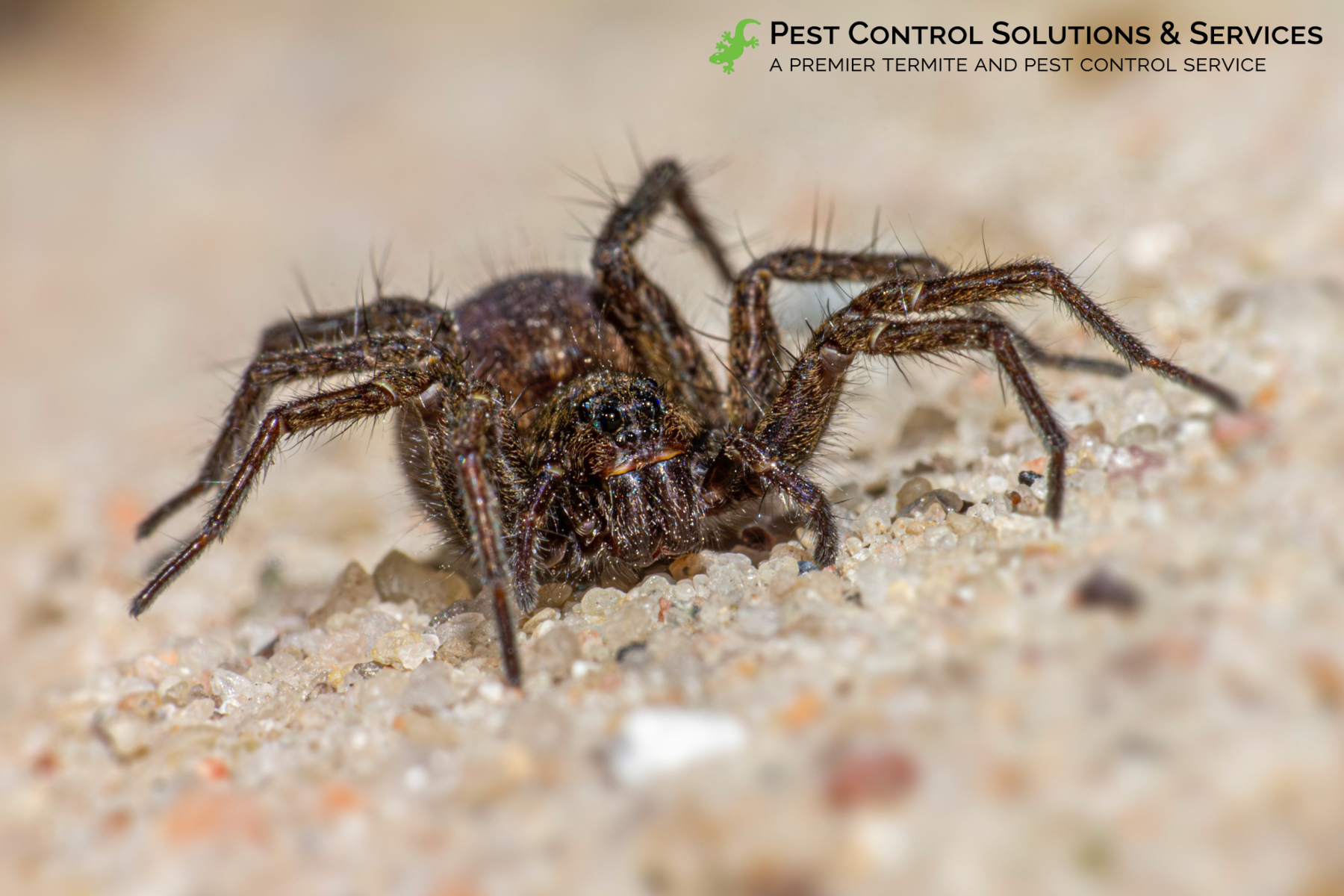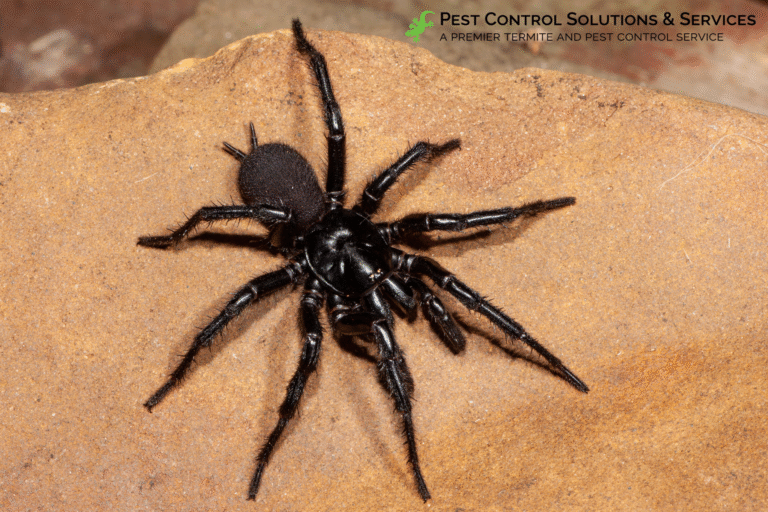Spiders are among the most misunderstood creatures in the insect world. While some people have intense fear toward them, most spiders are harmless and even beneficial, playing a vital role in controlling other pest populations. However, it’s important to understand when a spider might pose a risk and how to handle them appropriately. In this guide, we explore whether spiders are dangerous, when you should be concerned, and how to safely remove them from your home or property.
Understanding Spider Behavior
Spiders are arachnids, not insects, and have eight legs and two body segments. Most spiders found in homes are not aggressive and prefer to avoid human interaction. They typically enter homes in search of food (usually insects) or shelter. While some spiders may bite if threatened, the vast majority of bites are harmless and result in minor symptoms like redness or itching.
Are All Spiders Dangerous?
The short answer is no. Most spiders you’ll encounter in or around your home are not dangerous to humans. In fact, they can help reduce other pests like flies, mosquitoes, and ants. However, a few spider species can pose health risks due to their venomous bites:
1. Black Widow Spider
Recognizable by their shiny black body and red hourglass marking on the abdomen, black widows are venomous. A bite can cause muscle pain, cramps, and other symptoms that may require medical attention.
2. Brown Recluse Spider
These spiders are light to dark brown with a violin-shaped marking on their back. Bites can result in skin ulcers and should be evaluated by a medical professional.
Both species are more commonly found in dark, undisturbed areas such as garages, basements, or closets.
When to Worry About Spiders
Although the presence of a spider doesn’t always mean danger, here are some situations when you should be more cautious:
- You see a spider with distinct markings such as the black widow or brown recluse.
- You notice a growing population of spiders in your home.
- You or a family member is bitten and shows severe symptoms like swelling, fever, or muscle cramps.
- You find webs or egg sacs in multiple corners of your home.
In these cases, searching for spider control near me can help you locate local professionals equipped to handle spider infestations safely.
How to Get Rid of Spiders Safely
Getting rid of spiders doesn’t mean you need to panic or take drastic measures. Here are effective and safe steps to remove them from your home:
1. Declutter Your Home
Spiders love dark, quiet places. Removing clutter from closets, basements, and garages limits their hiding spots.
2. Seal Entry Points
Inspect your home for cracks around windows, doors, and foundations. Use caulk or weather stripping to seal these gaps and prevent spider entry.
3. Maintain a Clean Environment
Regular vacuuming, dusting, and sweeping can help eliminate both spiders and the insects they feed on.
4. Use Natural Deterrents
Essential oils like peppermint, tea tree, and eucalyptus can deter spiders. Mix a few drops with water in a spray bottle and apply it to windowsills, corners, and baseboards.
5. Apply Treatment Safely
If natural methods aren’t enough, consider environmentally friendly options. Green and safe pesticides, when applied by professionals, can eliminate spiders without harming people or pets.
If you’re unsure of the type of spider or the extent of the infestation, it’s wise to call experts who know how to get rid of spiders properly.
Common Myths About Spiders
Many fears surrounding spiders are based on myths. Let’s bust a few:
- Myth: All spider bites are dangerous. Fact: Most bites are harmless and heal without medical intervention.
- Myth: Spiders actively seek out humans. Fact: Spiders prefer to avoid humans and usually bite only when provoked.
- Myth: Spiders are insects. Fact: They are arachnids, a completely different classification.
Understanding these facts can help you respond calmly and confidently when you see a spider in your home.
Preventing Spiders from Returning
Keeping spiders away requires consistency. Here are tips for long-term prevention:
- Regularly clean and inspect dark or unused areas of the home.
- Keep outdoor lights to a minimum; lights attract insects, which attract spiders.
- Store firewood away from your home and keep shrubs trimmed.
- Consider routine pest control Wesley Chapel maintenance through monthly, bi-monthly, or quarterly treatments.
Knowing how to get rid of spiders in your house is only the first step. Ongoing care is essential to keep them from coming back.
When Professional Help Is Necessary
While many spider issues can be handled with DIY methods, some infestations require professional intervention. If spiders are multiplying, you suspect a venomous species, or your efforts aren’t working, it’s time to contact a pest expert. Those living in Florida can rely on exterminator Wesley Chapel services for dependable and customized treatment plans.

About Pest Control Solutions & Services
Pest Control Solutions & Services, we proudly serve homeowners and businesses across Florida with personalized, eco-friendly pest solutions. As a local, mid-sized company, we combine the warmth and reliability of a mom-and-pop operation with the resources and professionalism of a larger firm. Our technicians are thoroughly vetted and trained to deliver effective pest management while ensuring the safety of your family and pets.
Our comprehensive service plans include everything from general pest control to rodent reduction and termite prevention. Each visit is customized to the specific needs of your home or business, using the most advanced techniques and environmentally friendly products. Whether you’re dealing with ants, roaches, rodents, or spiders, we provide ongoing treatment plans monthly, bi-monthly, or quarterly to ensure your space stays pest-free.









